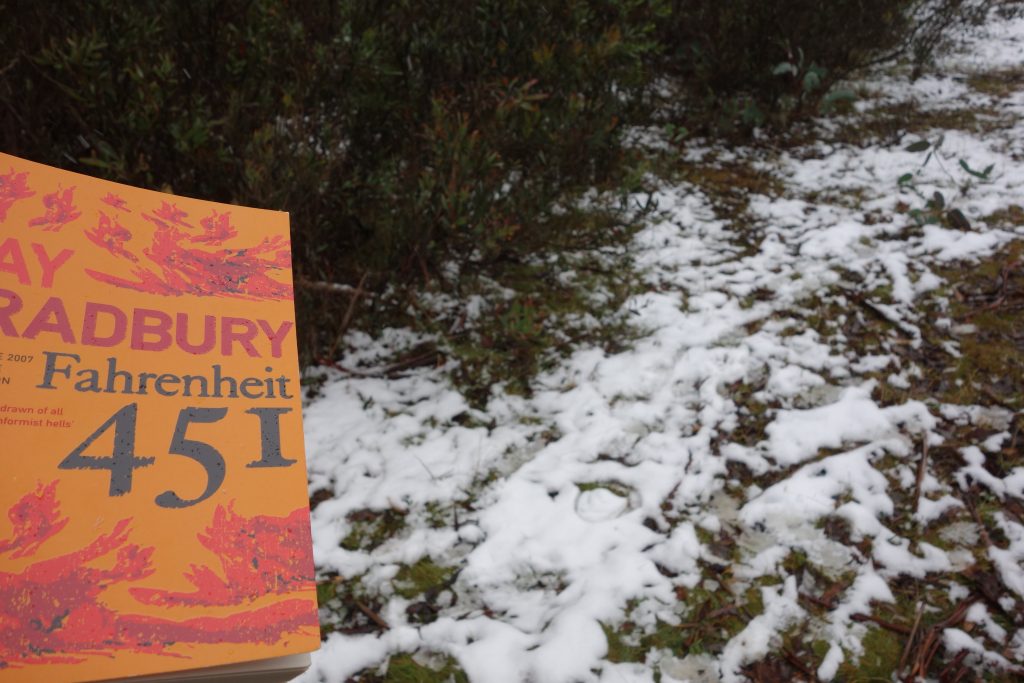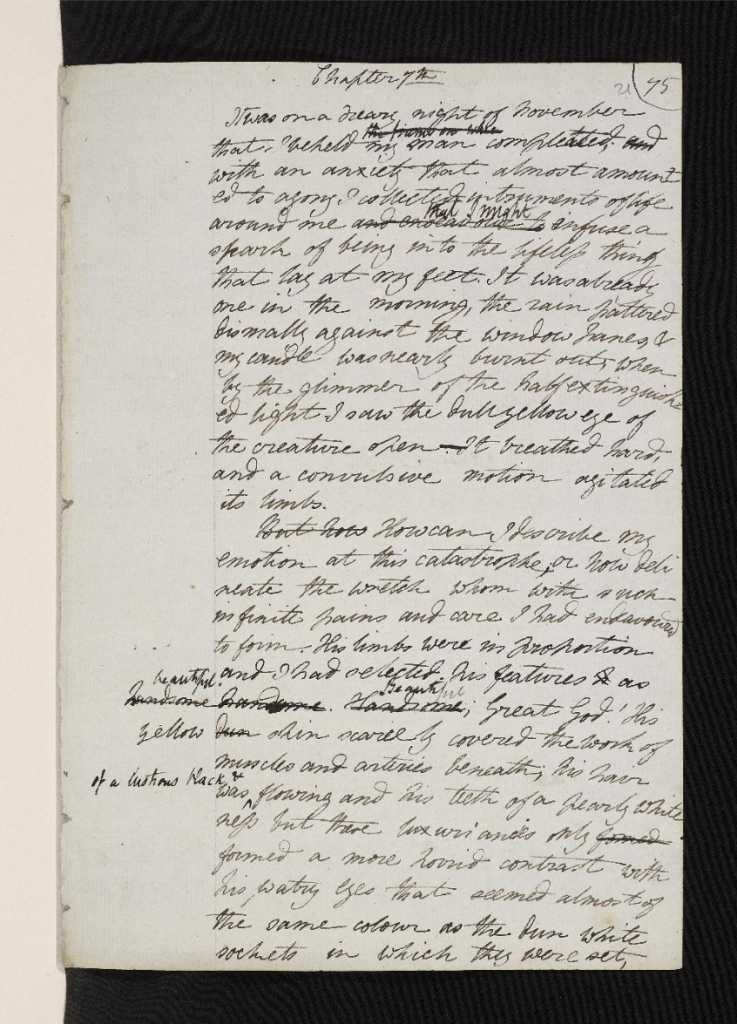The drought had lasted now for ten million years, and the reign of the terrible lizards had long since ended.
Opening line, 2001 A Space Odyssey, Arthur C. Clarke, 1968
I’ve seen the movie, and have read Part One of the six parts of the book. The opening line was nothing like I expected. So earthy.
It’s the kind of opener that makes me read on, and indeed the first chapters were compelling. I enjoyed reading Clarke’s depiction of early man and the many uses he found for rocks and bones as tools. But I probably won’t read any more. From Part Two we’re into the space odyssey, and if it’s like the movie…
The movie was not compelling, at least, not for me, particularly after “Intermission”. I struggled to stay awake. 2001 A Space Odyssey was made in 1968, 50 years ago, and according to a recent article in The New Yorker it may have been hippies that saved the film, since ‘stoned audiences’ flocked to it. It was described as ‘somewhere between hypnotic and immensely boring’.
While Arthur C. Clarke was writing the novel, he and Stanley Kubrick, the film producer, were also preparing the script for the screenplay, derived from the novel. In the end Clarke was writing them both simultaneously. The movie came out several months before the book.
But this blog post is about stories and their opening lines, and this story has a good one. Perhaps the word ‘drought’ right at the start got my attention, since it’s such a familiar weather event where I live. I even like the mention of lizards in the first sentence. Two words, drought and lizards, and I’m hooked.
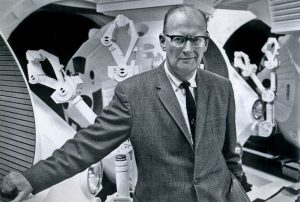
*

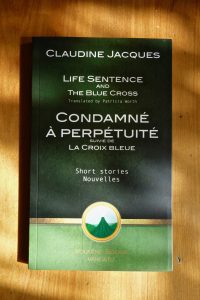
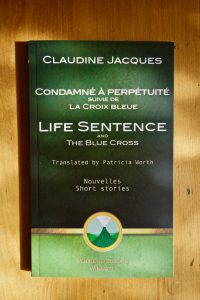 Life Sentence was published last year in Southerly Journal (Sydney University), and now it’s available in this little edition from Volkeno Books, Vanuatu. This is the second bilingual book published by Volkeno that includes Jacques’ original and my translation. The first was
Life Sentence was published last year in Southerly Journal (Sydney University), and now it’s available in this little edition from Volkeno Books, Vanuatu. This is the second bilingual book published by Volkeno that includes Jacques’ original and my translation. The first was 